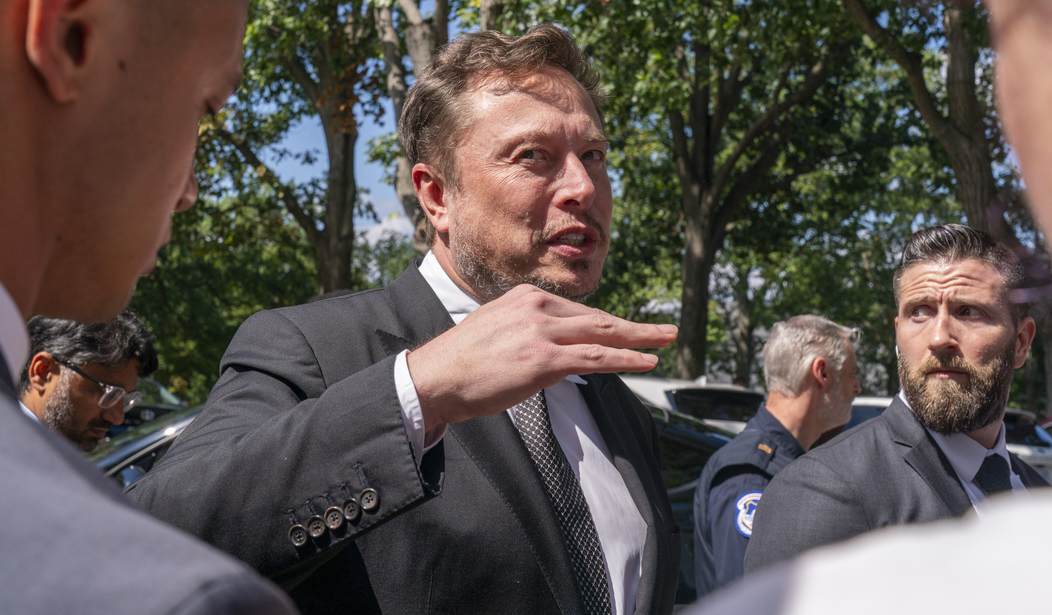When Israel cut off most of the supplies, fuel, and electricity going into Gaza, they did so for very strategic reasons. At the same time, they cut off most communications inside of the Gaza Strip as well. There were plenty of complaints about this from the usual suspects, but military strategists have remarked on the effectiveness of the strategy. Now, however, a new player is entering the field. Elon Musk announced this weekend that he would be providing Starlink connectivity in Gaza. For the time being, he’s saying that he will only be offering the service to “internationally recognized aid groups” and the United Nations. But it seems rather obvious that Hamas will figure out a way to use this to their advantage against Israel. (Politico)
Elon Musk said Saturday that Starlink would offer connectivity to “internationally recognized” aid groups in Gaza amid a communications blackout imposed by Israeli forces.
In a series of separate posts on X, formerly known as Twitter, the multi-billionaire insisted that his satellite internet service could provide connectivity to the war-ravaged territory, but that a connection request had not yet been made.
“SpaceX will support communication links with internationally recognized aid organizations,” as well as the UN, Musk pledged several times Saturday morning.
Musk freely admits that if he does this he will be doing it of his own volition. Nobody has contacted Starlink asking for service in Gaza. And it’s unlikely that the Palestinians would have any money to pay for the service even if they desired it. So what is it that Musk is up to here?
It seems fairly clear that a lack of communications in the region is probably hampering civilian relief efforts by the UN and other groups. I’m sure it’s hard to organize the distribution of aid without being able to effectively stay in touch and direct resources to where they’re needed. And Musk has figured out how to operate his system in a war zone before. He’s been running Starlink for the Ukrainians almost since the beginning of the Russian invasion. But the Starlink ground stations require power to operate and the Israelis have also cut off almost all of the electricity.
This is also another reminder of how badly Hamas has failed the Palestinian people ever since taking power. The Palestinians rely on Israel for virtually everything from food and water to power and fuel. The same goes for their communications infrastructure. Hamas receives billions in aid from a variety of global sources, but they divert most of what comes in for their own uses, building a complex web of highly technical tunnels used to attack Israel. They could have set up all of the civilian infrastructure required to meet the needs of the Palestinian civilians, but they chose not to. And let’s be honest… when you launch a massive, bloody terror attack against the people who keep your lights turned on, what did you think would happen? The FAFO rules remain in play.
It feels like Elon Musk just can’t help himself. Whenever there is a major event that’s generating all of the headlines for a period of time, it seems like Musk and one or more of his companies wind up being involved. We saw it in Ukraine and now the same thing may play out in the Gaza Strip. Israel has already begun turning some limited communications back on, but they are attempting to strategically hinder Hamas. A lack of communications will make it harder for them to orchestrate the movement of rockets and fighters around the country. If an available communications channel opens up, they will no doubt find a way to use it for themselves. Perhaps Elon Musk should just sit this one out and not interfere in Israel’s counteroffensive.







Join the conversation as a VIP Member